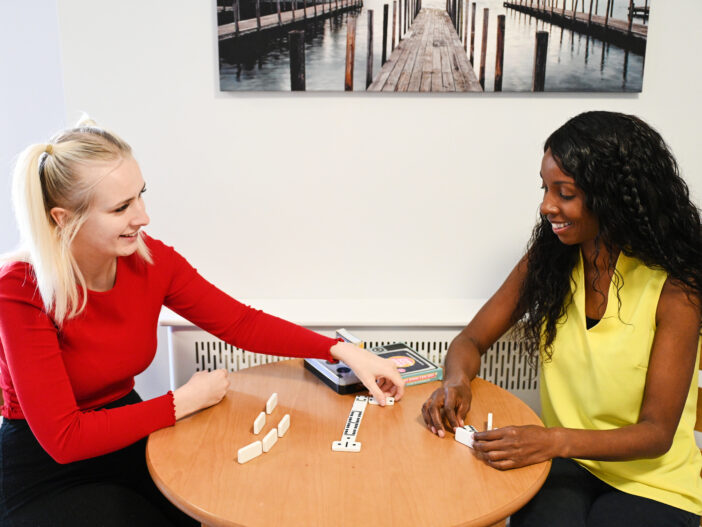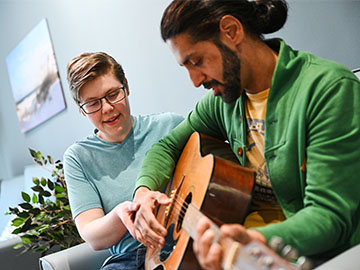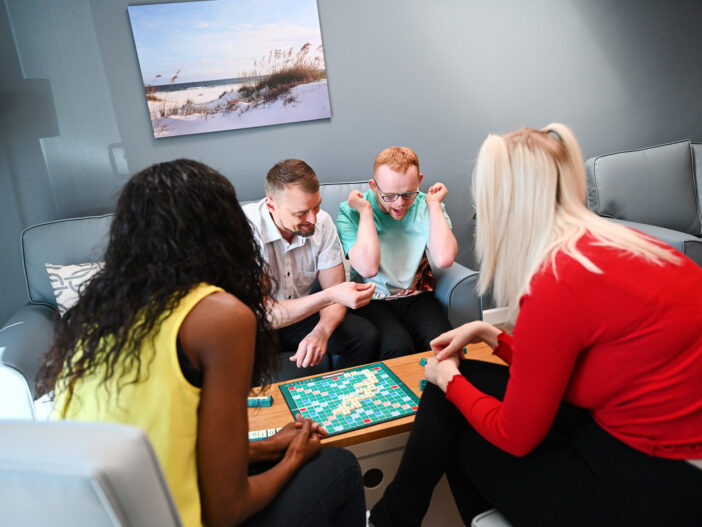Anti-bullying week 2019
Nine out of ten people with a learning disability experience some form of bullying in their lifetime, according to Mencap.
Bullying usually starts at a young age. When people are seen as different, they’re more likely to be picked on by their classmates. The Anti-Bullying Alliance have reported that research from the Institute of Education 2014 reveals that at the age of seven, children with disabilities are more likely to be bullied “all the time” by other students.
They’ve also reported that children with special educational needs are twice as likely to be bullied compared to children with no known disabilities. Being bullied at a young age can stay with you for your entire life. The University of Warwick have reported that victims face a higher risk of being depressed in adulthood.
Autism and bullying
The National Autistic Society have a helpful resource explaining why autistic people are more likely to be bullied as they:
- sometimes have difficulty communicating,
- find it hard to form and maintain friendships, and
- struggle to predict other people’s behaviour and interpret body language or facial expressions.
There are ways to help including teaching autism awareness and acceptance to those struggling to understand, providing support and training to professionals at school or work and have a zero tolerance ‘no bullying’ policy in place.
Helpful resources
We have pulled together some resources to help raise awareness of the bullying of people with learning disabilities or other complex needs. Help us combat bullying, raise awareness and spread kindness.
University of Warwick’s “Bullying Experiences of Disabled Children and Young People in England” video
*The animation contains some language which viewers may find offensive*
National Autistic Society’s “Bulling and autistic pupils” https://www.autism.org.uk/professionals/teachers/bullying.aspx
National Autistic Society’s “A bullying guide for parents”
https://www.autism.org.uk/about/in-education/bullying/guide-parents.aspx
Anti-Bullying Alliance’s “What does the research say”
Anti-Bullying Alliance’s “Anti-Bullying Policies”
https://www.anti-bullyingalliance.org.uk/tools-information/all-about-bullying/anti-bullying-policies
Anti-Bullying Alliance’s “Autism” page
https://www.anti-bullyingalliance.org.uk/tools-information/all-about-bullying/sen-disability/autism
Council for disabled children’s “Anti-Bullying Week resources”
https://councilfordisabledchildren.org.uk/help-resources/resources/anti-bullying-week-resources

 Resources for people we support
Resources for people we support 

